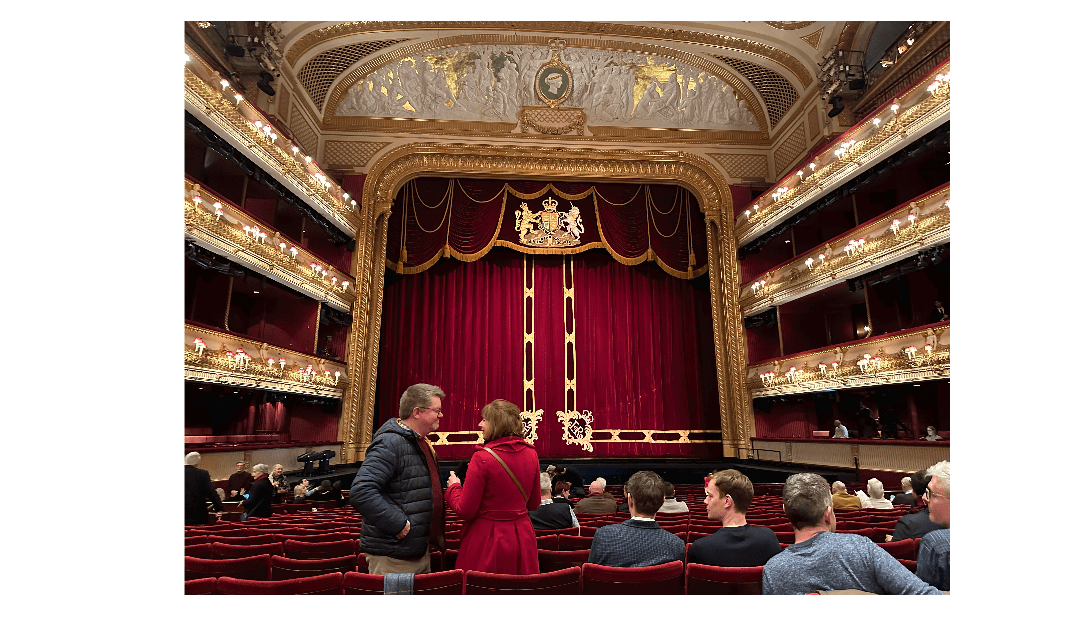In my post at the weekend, I said I’d let you know how we got on when we got home. Getting home wasn’t as straightforward as we’d assumed, there was a rail replacement coach service from Reading. I’ll get around to Figaro, but we’ll start with footballers.
Blue Harlem were fabulous, the audience were not. We had a table right next to the stage. Behind us were a group of three young men and five young women. Before the band started playing, the young men were talking about football, in a way that led me to believe they had played that day. The young women looked like the WAGS that would be with professional footballers. What seemed odd to me was that the men sat together at one end of the table, and the women at the other. One of the young women was celebrating a birthday. Anyway, to cut a long story short, they continued talking as Blue Harlem played until finally one of the young men stormed out, followed by another. It seems that one of the men had broken up with his girlfriend that night, or perhaps it was the other way around. Either way, why do it over dinner at a concert?
The opera was wonderful, so were the audience. We were utterly enthralled by Rossini’s The Barber of Seville. The only name on the cast list that I knew was Bryn Terfel, who played Don Basilio. He was excellent, but Claire and I agreed that Aigul Akhmetshina, who played Rosina, was outstanding. Figaro, who is the barber of the title, was played by Andrzej Filończyk. He was also excellent, but Aigul was certainly the star of the show.
Figaro, the barber, played the wily, rapacious and boastful servant that has been used everywhere from Jeeves to Baldrick. He arranges everyone else’s affairs for monetary reward, yet I wondered what happiness he truly got from that. I quipped that at least he gets married in the end, thinking of Mozart’s opera, The Marriage of Figaro.
Philistine that I am, I didn’t realise that the plays on which both operas are based, were written by the same author, Pierre-Augustin Caron de Beaumarchais (1732 – 1799). The character of the wily, boastful servant can be traced back to Plautus (c254 – 184 bc).
Figaro is called a factotum, and although I sensed the meaning, I felt the need to look it up. It means an employee who does all kinds of work. It comes from the Latin fac!, the imperative of facere meaning do, and totum, meaning the whole thing.
Figaro may be best known to a young audience as Geppetto’s black and white cat in Pinocchio. I will have to watch the cartoon again to discover if there are any character traits that connect the cat with the barber. If you know already and can save me watching, let me know via the contact button.

